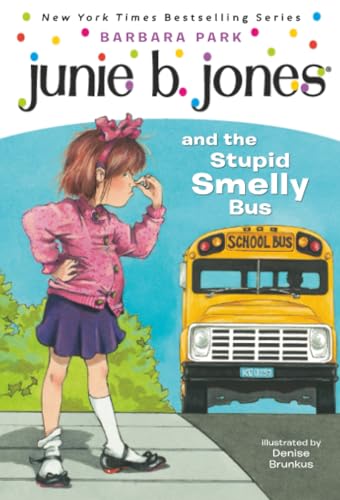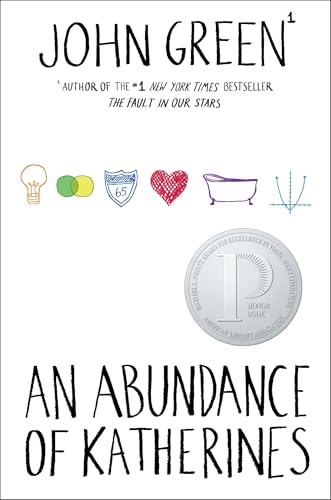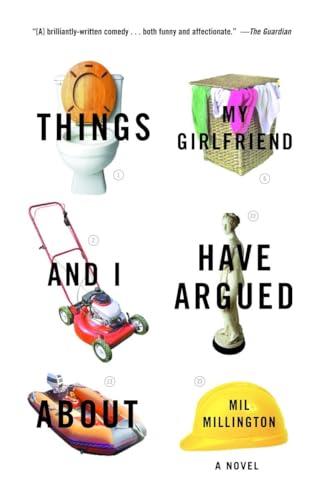I’m going to guess that most normal schools are out now, or nearly so. Having school into late June seems to be simply a lovely Virginia tradition. Bah!
Anyway, this is when we start hearing about the summer slide with regard to reading. I think this feels more critical when you have a child who is already struggling with reading. While I’m not a reading specialist, I’ve had a kid who needed a little more focused attention in this area, and as such will share some thoughts.
1. Make the Time
I am asked often enough how I find time to read. My answer is more like a mission statement: You don’t find time to read, you make time to read. Reading needs to be part of your schedule like eating or bathing, because in its own way it’s as important. Sure, you can go a day without reading, but why would you want to? I prefer bedtime as the ideal reading time. It’s easily remembered, and it’s a great way to wind down. The evening hour can also offer a spouse or older sibling an opportunity to participate. Now in the summer your options open up and it’s a great time to take advantage of that. Look at the morning before the pool opens. Or a quiet time after soccer camp. Evenings on the front porch. In a tent with a flashlight. Summer is the chance to make time for reading every day, but to have more freedom to mix it up.
2. Bring Home the Books
Even if you have tons of titles at home, summer offers a wonderful opportunity to explore the public library. Having something new to read — that you have for a limited time — is more exciting. The library also gives you the chance to try something different. Pick out some folk tales from other countries. Try the new horse series. Investigate life in China or under the sea. Don’t overrule a book your child picks as being too young for him, but also reserve the right make some selections yourself.
It’s often said that boys are more interested in nonfiction than stories, so head over to the 500s of your Dewey Decimal system. It’s rich with science books for kids including topics like space, dinosaurs, insects, snakes, and mammals. And these aren’t the boring books you might remember from your childhood with long pages of text on one side, and one second-rate photo on the other. Today’s children’s nonfiction works with innovative layouts, multi-level text, and amazing photography. Ask your librarian to direct you to other nonfiction sections as well, including poetry, art, history, and biographies. Bring home a variety of books and plenty of them. (If you’re worried about keeping track of them, our library books live in a basket by the couch and that’s where they are read.)
3. Mix It Up
I love reading, and yet there is a stage of learning to read that makes me clench my teeth. It’s exciting when your child is first sounding out words. Later, it’s wonderful when you are reading together and she asks the meaning of a particular word. The part that is hard for me is a particular middle phase, where my daughters would sound out the same word for the third time within five pages. We each made it through this period (successfully) and I held my tongue (mostly), but it led me to my greatest discovery of mixing up our reading time.
As my youngest daughter was in the easy-reader stage for a long time, we learned to keep it interesting and fun. She’d read one book to me, then I’d read a picture book to her. Sometimes we’d take turns with her easy reader book. Sometimes she’d sound out words in the picture book. Other times, I’d read a chapter book to her and we’d discuss what happened in each chapter before moving on. There were even times when she would read to herself, and I’d read my own book alongside her. Occasionally, her older sister would step in to do the easy reader part while I washed the dishes. (A dollar payment most well spent.) We used this time to improve other reading skills besides sounding out and word recognition. Picture books are great for discussing art and illustration cues to the story. With their concise stories, picture books are wonderful to reinforce the concepts of story arcs, prediction, and comprehension. We’d talk about our favorite picture or the funniest part. I might remind her of a similar book or a personal connection, and soon she was doing the same thing. What could have been an exhausting stage for both of us, turned into a wonderful time of exploring, discussing, analyzing, and yes, reading.
(This post was previously published at PBS Booklights.)
The Rundown
One of the bestselling preschool books of recent times was Walter the Farting Dog. At the same time, the American Library Association named as one of its best books Michael Rosen’s Sad Book, a book in which Mr. Rosen talks about his despair over the death of his son. I believe that, for most of us, what we want lies somewhere between a flatulent canine and overwhelming grief.
View my complete profile
Email MotherReader

Email MotherReader

Share It
Blog Archive
-
▼
2011
(150)
-
▼
June
(18)
- Thursday Three: Summer Stories II
- What Happens on Wednesdays... “Need”
- Nonfiction Monday: Butterfiles and Moths
- Thursday Three: Traveling Books
- Summer Stories: Turtle in Paradise
- Thursday Three: To the Zoo
- Summer Stories: The Liberation of Gabriel King
- Thursday Three: Summer Reading
- Answer to Life, the Universe and Everything
- Sixth Annual 48 Hour Book Challenge: Winners!
- Sixth Annual 48 Hour Book Challenge: Finish Line
- MotherReader 48HBC Update: Final Summary
- MotherReader 48HBC Update: Round III
- MotherReader 48HBC Update: Round II
- MotherReader 48HBC Update: Round I
- Sixth Annual 48 Hour Book Challenge: Starting Line
- Sixth Annual 48 Hour Book Challenge: Prizes!
- How to Work an Event Like a MotherReader
-
▼
June
(18)
Followers
MotherReader Suggests
Funny Books for All Ages
Newborn
One Year
Two Years
Three Years
Four Years
Five Years
Six Years
Seven Years
Eight Years
Nine Years
Ten Years
Eleven Years
Twelve Years
Thirteen Years
Fourteen Years
Fifteen Years
Sixteen Years
Seventeen Years
Eighteen Years
Adult
Newborn

One Year
Two Years

Three Years
Four Years
Five Years

Six Years
Seven Years
Eight Years

Nine Years
Ten Years

Eleven Years
Twelve Years
Thirteen Years

Fourteen Years
- Born Too Short
- Sex Kittens and Horn Dawgs Fall in Love
- Once Upon a Marigold
- Angus, Thongs, and Full Frontal Snogging
Fifteen Years

Sixteen Years
Seventeen Years

Eighteen Years
- Our Dumb Century: The Onion Presents 100 Years of Headlines from America’s Finest News Source
- How to Ruin Your Life
- The Daily Show with Jon Stewart Presents America (The Book): A Citizen’s Guide to Democracy Inaction
Adult

- I’m with Stupid: One Man. One Woman. 10,000 Years of Misunderstanding Between the Sexes Cleared Right Up
- The Sex Lives of Cannibals: Adrift in the Equatorial Pacific
- Things My Girlfriend and I Have Argued About: A Novel
- Why Not Me?
- Good in Bed
- I Love Everybody (and Other Atrocious Lies): True Tales of a Loudmouth Girl
- Bitter is the New Black: Confessions of a Condescending, Egomaniacal, Self-Centered Smartass, Or, Why You Should Never Carry A Prada Bag to the Unemployment Office
Copyright © 2006–2015 MotherReader All rights reserved.
Blogger Template by Anshul Dudeja | WP Theme by Templatelite
Blogger Template by Anshul Dudeja | WP Theme by Templatelite














2 comments:
NYC publics go to the bitter end of June - the 28th this year - and always have. My daugther's camp actually starts the day before school ends!
Excellent advice. I tried with my sons to make trips to the library and adventure. We always mixed it up on reading. Learning to read is hard. It should be accompanied, whenever possible, by having someone read to the child so they know what pleasures await them once they have mastered this skill.
Post a Comment